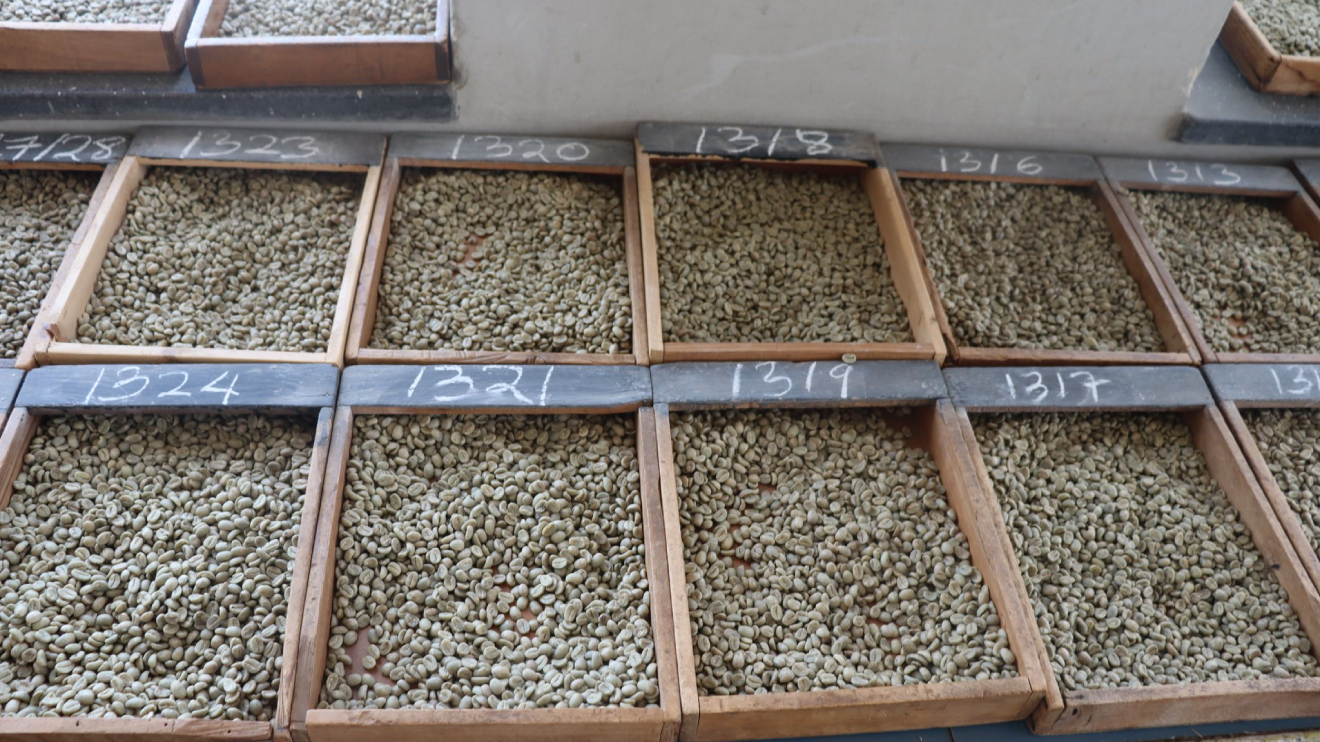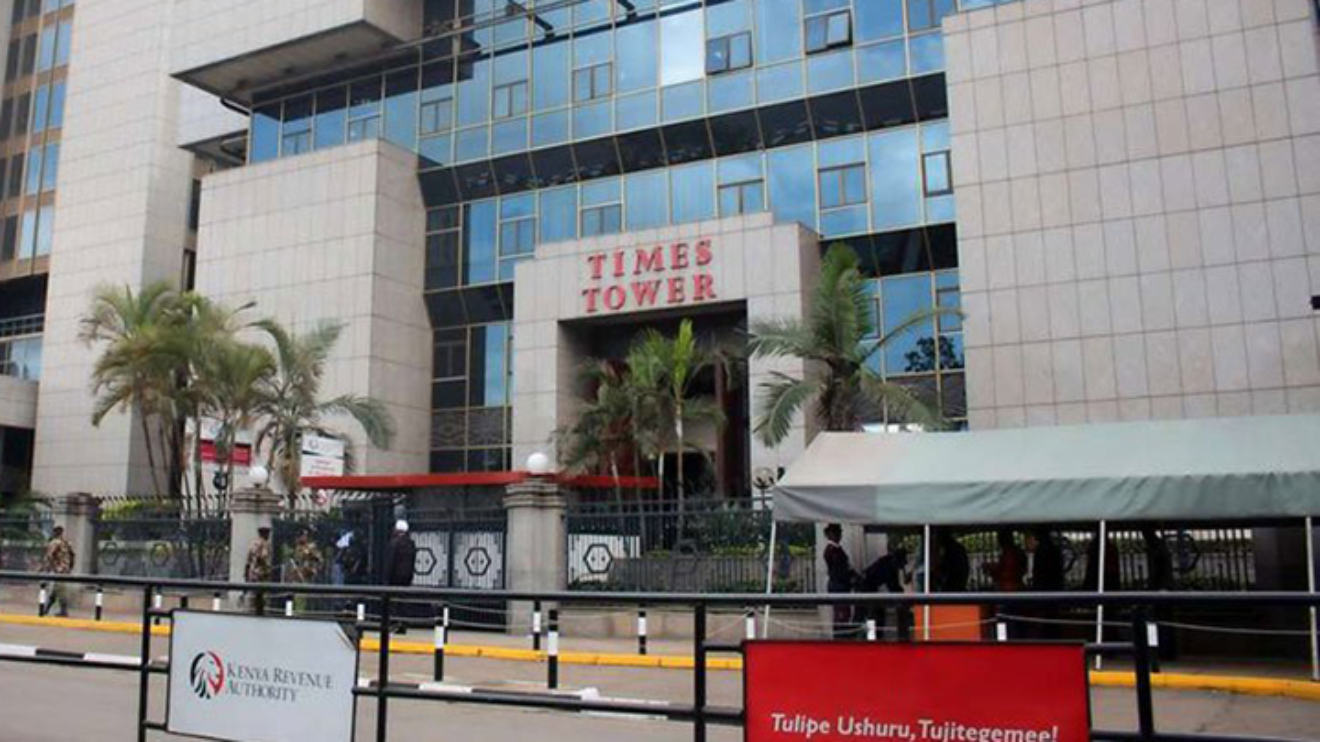BAT Uganda appealed to the government of Uganda to upscale action to tame illicit trade after a 2021 report showed a sharp increase in the illicit trade in cigarettes.
The research commissioned by BAT Uganda and done by Kantar, covered the 2nd half of 2021 and found that 23.8 per cent of cigarettes sold in Uganda were illicit, and accounted for almost 25 per cent of all cigarettes smoked in the country.
According to the report, this number represented an increase of 54.5 per cent compared to September 2020, when the number stood at 15.4 per cent.
Kantar research also found that more than half of the illicit cigarettes (51 per cent) in the market appear to be manufactured in Uganda based on pack markings, with the rest being smuggled into Uganda from other countries.
Similar research by Kantar done in Kenya also found that Uganda is a major source of illicit cigarettes in East Africa, with 93 per cent of illicit cigarettes found in Kenya believed to originate from Uganda.
Read More
These illegal cigarettes are mainly branded ‘Supermatch’, though the report makes no allegation of the actual manufacturer of each pack and bases its findings solely on the observable features of the packet.
“BAT Uganda is concerned that illicit trade in cigarettes is allowed to thrive in this country despite the various negative impacts, which include fuelling organised crime,” said BAT Uganda Chairman, Dr Elly Karuhanga.
He added, “While we acknowledge efforts thus far by the Uganda Revenue Authority in tackling this serious issue, including through the introduction of the Digital Tax Stamps System, much more needs to be done.”
He urged the Ugandan Inspector General of Police, Martin Okoth Ochola, Uganda Revenue Authority Commissioner General John Rujoki Musinguzi, Health Minister Dr Jane Ruth Aceng, Uganda National Bureau of Standards Executive Director David Livingstone Ebiru among other agencies to enhance enforcement against illicit trade in the tobacco industry.
“BAT Uganda is committed to collaborating transparently with all relevant agencies to eradicate illicit trade in Uganda. We urge the business community and industry bodies to jointly fight for the eradication of illicit trade in Uganda, and believe that a unified effort is critical in supporting the Government’s efforts to safeguard legitimate business in Uganda,” he concluded.
BAT Uganda proposed the following measures be taken to combat illicit trade:
• Full enforcement of tobacco product and packaging regulations across the tobacco industry.
• Proper implementation of the Digital Tax Stamps Solution (DTS). This includes stronger enforcement to prevent under-declaration of local factory production and ensuring that only fully duty-paid products with tax stamps are sold in the Ugandan market.
• Greater information sharing and excise tax harmonisation within the EAC partner states to help reduce excise-led price disparities between countries, which fuels smuggling.
• Tighter border controls and enhanced scrutiny of products to ensure they comply with local laws.
• More stringent penalties to act as a deterrent, in the form of custodial sentences and forfeiture of factory equipment, real estate and moveable or immoveable assets arising from illicit trade.
• Ratification of the 2012 Illicit Trade Protocol (ITP) under the World Health Organisation’s Framework Convention on Tobacco Control.







 (1)-1725105260.jpg)
 (1)-1730745141.jpg)